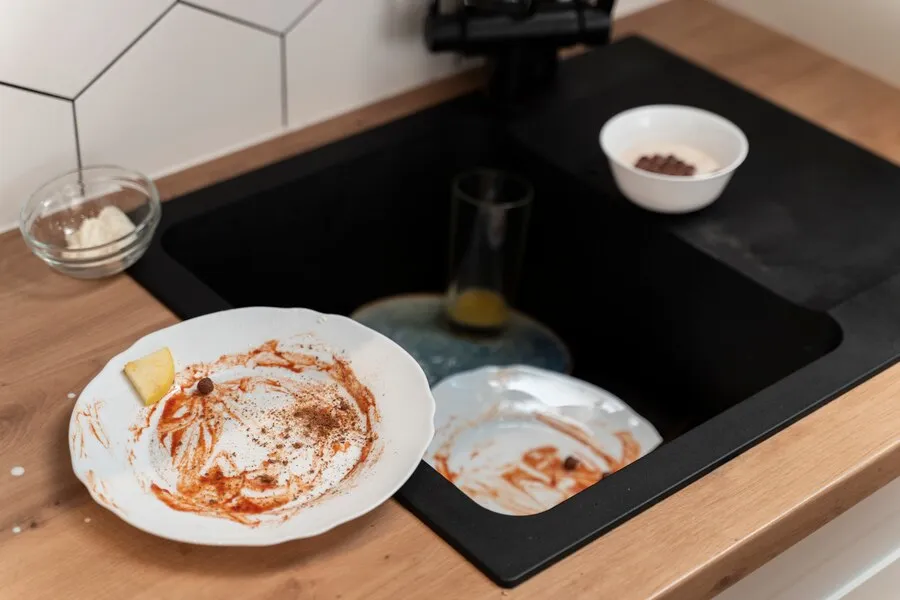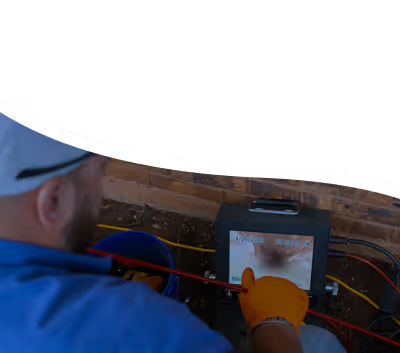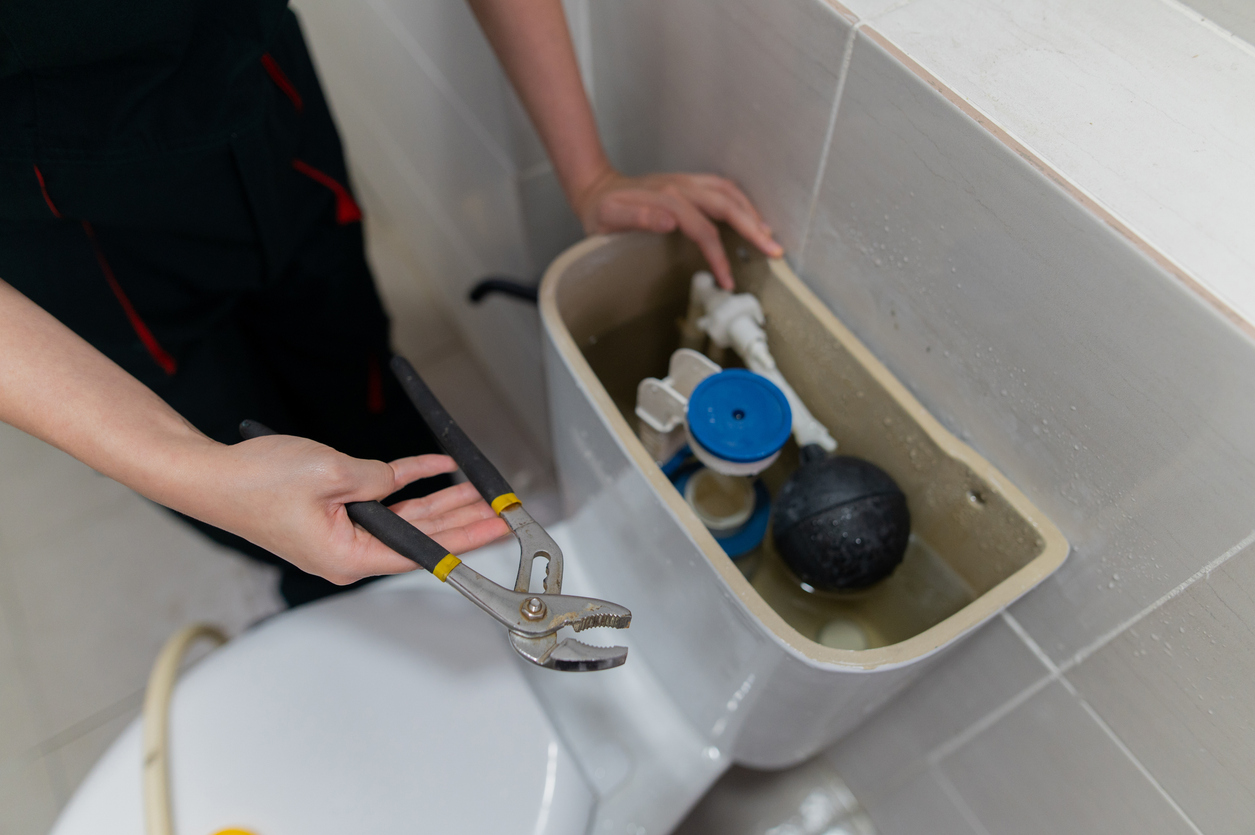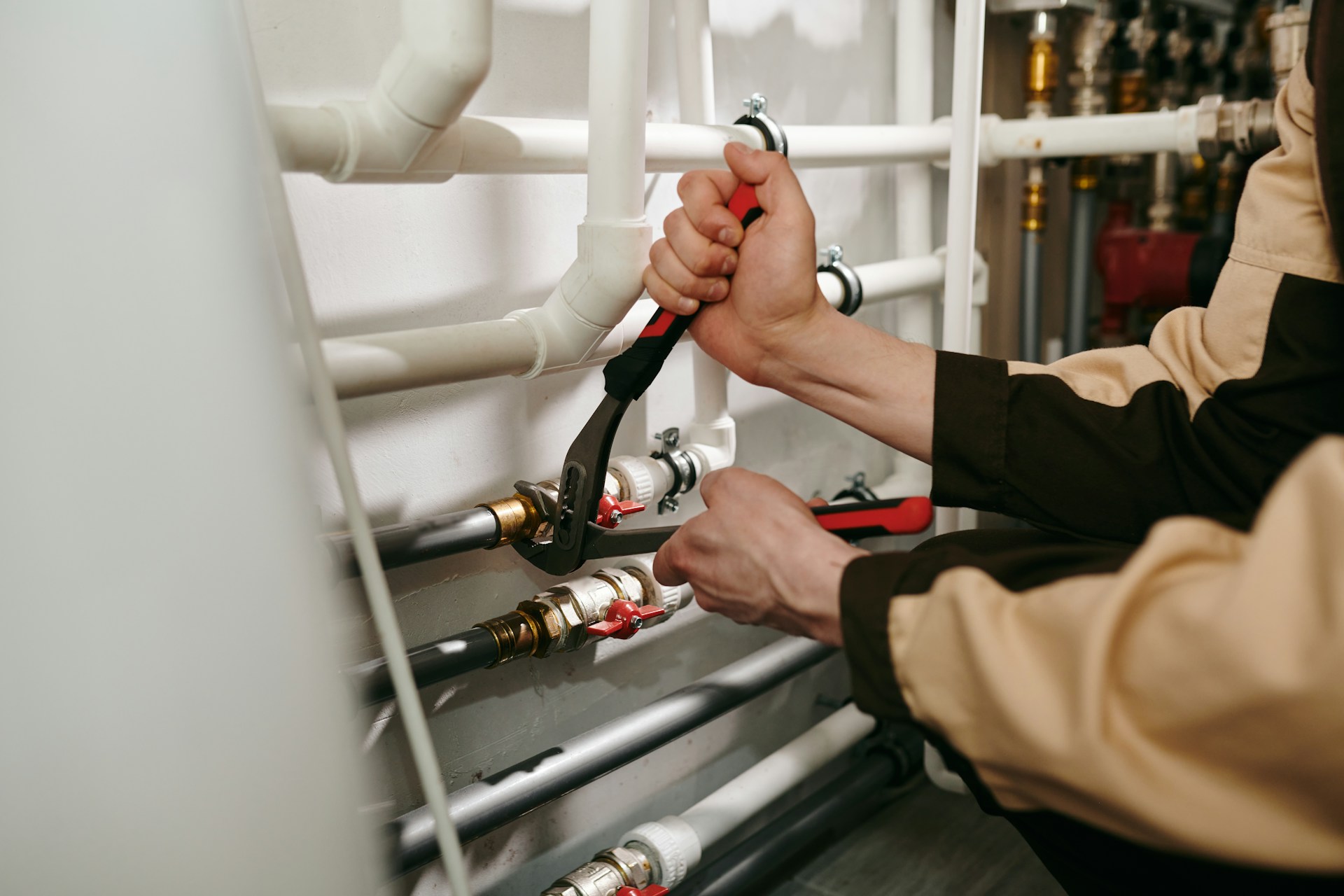Garbage disposals are one of the most convenient tools in the kitchen, especially for homes in Hawley where families rely on them daily to manage leftover food scraps. When working as they should, they help reduce waste and keep the kitchen running smoothly. But when issues pop up, they can bring everything to a halt—often at the worst possible time, like during busy summer weeks filled with cookouts, guests, and extra cleaning. Instead of guessing what went wrong or spending hours online trying to fix it, it helps to understand the common issues and what steps to take next.
From units that hum without spinning to slow drainage that leads to a sink full of water, garbage disposal problems are all too familiar for local homeowners. For some, the culprit could be something as small as a stuck utensil. For others, regular wear and tear may have taken its toll. Whatever the cause, knowing the signs and solutions can save time, reduce stress, and help keep your kitchen functional. If minor steps do not make a difference, there is always a trusted solution close by when needed.
Common Garbage Disposal Problems
Garbage disposal units are built to handle routine kitchen waste, but they are not invincible. Many issues homeowners in Hawley face trace back to what enters the disposal or how regularly it is cleaned. Over time, general use combined with old age can wear down even quality units.
The most common garbage disposal issues include:
- Jams: Items like fibrous vegetables such as celery, corn husks, or even small utensils can prevent the blades from turning.
- Leaks: Leaks often occur around the sink flange, dishwasher connection, or drain lines, leading to moisture buildup and odors in cabinets.
- Slow Drainage: This may result from a partial clog or waste buildup along the pipes, causing water to pool.
- Strange Noises: Rattling, grinding, or humming sounds may indicate something stuck in the unit or internal damage.
- No Response: A disposal that does not turn on may signal electrical issues, a tripped internal breaker, or a failing motor.
- Foul Odors: Persistent smells usually come from food residue trapped inside the unit or drainpipes.
Improper use, like disposing of grease or dumping large food items into the unit, often leads to these problems. Poor cleaning habits also contribute to the buildup of material inside the disposal and drain line.
Warning signs include moisture under the sink, clogs that come back regularly, odors that do not go away, and a unit that frequently needs to be reset. These issues tend to worsen when not addressed early.
DIY Troubleshooting Tips
Some minor garbage disposal issues can be addressed with a few safe at-home checks. Always prioritize safety during troubleshooting. Disconnect the power to the unit either by unplugging it or switching off its breaker. Never insert hands into the disposal.
Here are basic troubleshooting steps:
1. Reset the Unit: Many disposals have a red reset button located on the underside. Pressing it can sometimes restore function.
2. Check for Jams: Shine a flashlight into the unit to check for foreign objects. Use tongs or pliers to remove anything stuck.
3. Use the Allen Wrench: Most units include a spot underneath where an Allen wrench fits. Turning it can loosen stubborn internal jams.
4. Flush the Drain: Pour a mixture of dish soap and cold water down the disposal. Run the unit to wash away light buildup.
5. Listen for Clues: If the disposal hums but does not spin, turn it off. This often indicates a jammed flywheel or worn motor.
If these steps do not resolve the issue or if it keeps returning, the problem could be more serious. Continuing to operate the disposal in that state may damage other plumbing components.
In Hawley, many homeowners have seen temporary relief with these methods. But when a unit repeatedly causes trouble or seems risky to handle, relying on our professionals is the safer choice. Persistent electrical issues and water leaks are not just nuisances—they can result in larger structural problems if ignored.
When to Call a Professional Plumber in Hawley
Some garbage disposal problems go beyond simple fixes. Units that refuse to stay on, leak in several areas, or keep jamming repeatedly despite being cleared may be at the end of their lifespan. Electrical concerns such as a nonresponsive motor or tripped breakers are also signs that repairs should be left to professionals.
If basic troubleshooting has not worked, or if the same issues persist shortly after temporary fixes, it is time to contact us. Attempting to open or reassemble parts without the proper training could make things worse. Our technicians are trained to diagnose these problems quickly and repair or replace parts without creating other plumbing issues.
Acting early can help keep related parts of your plumbing system, like drain lines and traps, from wearing out prematurely. When waste stays trapped due to a faulty disposal, it can affect the connected kitchen sink lines. Our technicians not only repair the disposal but also check these connections to help stop larger problems before they start.
Calling in a technician when the issue first appears is often a smarter investment than waiting for significant water damage or electrical complications to pop up later.
Tips to Prevent Garbage Disposal Problems
Preventing common disposal issues often comes down to everyday habits. In Hawley homes, our professionals see many cases tied to a few preventable mistakes. Here are some suggestions to help extend your disposal’s life and avoid unnecessary repairs:
- Do not pour fats, oils, or grease into the disposal. These can solidify and clog both blades and pipes.
- Avoid stringy, fibrous vegetables such as celery, corn husks, or asparagus that can wind around the blades.
- Never grind bones, fruit pits, or seafood shells. These items are too hard and can damage the internal components.
- Use cold water when operating the disposal. It helps solidify any fats, allowing them to break down more effectively.
- Cut large scraps into smaller pieces before running the unit. This prevents overloading the system.
- Use ice and citrus peels about once a month to clean the inside and reduce odors.
- Continue running water for a few seconds after the noise stops. This helps flush all waste into the pipes.
Routine monthly cleaning along with smart usage can keep your disposal running at peak performance. Simple behavior changes tend to prevent the majority of issues that would otherwise require a technician’s visit.
Ensuring Smooth Garbage Disposal Operation in Your Hawley Home
Garbage disposals help keep kitchens clean and functional. But when they malfunction, routine activities quickly become frustrating. Blocked sinks, persistent odors, and strange noises are all signs it is time to take a closer look.
Even with careful use, disposals eventually wear out. The blades dull, parts loosen, and indoor plumbing may start showing symptoms tied to the unit’s decline. Having access to reliable professionals in Hawley gives you peace of mind when repairs or maintenance are needed.
Sticking to maintenance habits, like flushing with cold water and avoiding harmful waste types, helps keep the unit—and the wider plumbing system—in good working shape. These simple steps can reduce wear and even prevent the need for major repairs.
If you notice troubling signs that do not go away after simple checks, waiting too long could only make the situation worse. Having our technicians handle the problem early can protect both your disposal and your home’s entire plumbing system.
If your garbage disposal continues to cause problems, it may be time to rely on a professional plumber in Hawley to restore function and prevent further damage. Midway Plumbing offers prompt, dependable service to keep your kitchen running smoothly. For a quick estimate or to book a service visit, please contact us today.










